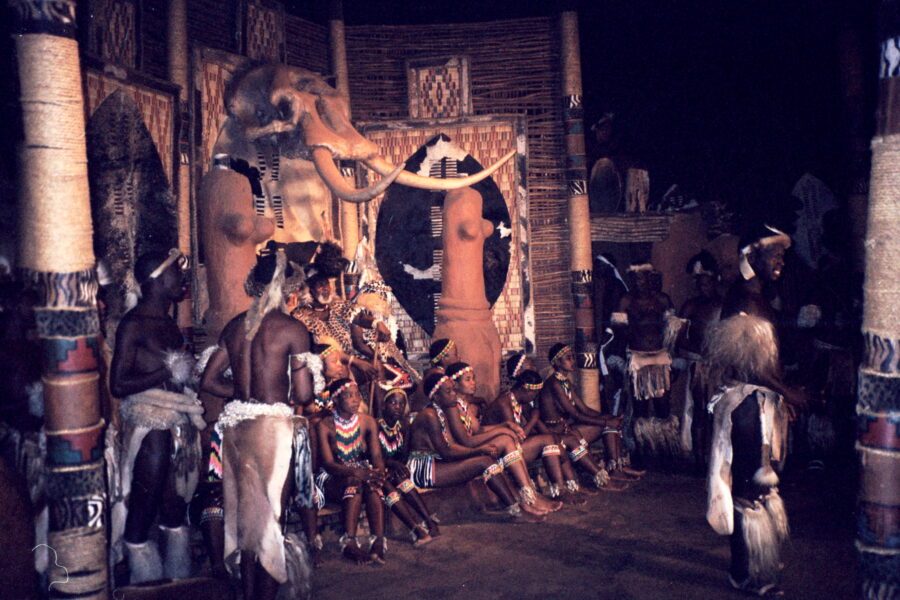
In 1972, the powerful South African apartheid drama Sizwe Banzi is Dead made its debut at the Space Theatre in Cape Town. It is a seminal, emotionally resonant and extremely thought-provoking play, dealing with the exploration of the complexities surrounding identity and apartheid-era South Africa (the play came into existence while it was still an Apartheid state) where it uniquely weaves together the personal and the political spheres. Created by Athol Fugard, John Kani, and Winston Ntshona, in the past this play had gone on to captivate audiences at London’s Royal Court Theatre in 1973 before embarking on a UK tour. One notable stop on that tour was the University of Exeter’s Drama Department for a performance in Exeter, a city where this play has returned after more than 50 years.
A theatrical masterpiece that skilfully combines storytelling, social commentary and exceptional performances.
Sizwe Banzi is Dead is a theatrical masterpiece that skillfully combines storytelling, social commentary, and exceptional performances. Its enduring relevance and emotional depth make it a must-see for anyone seeking a profound exploration of identity, resilience, and the human condition.
The story starts with an introduction to the character Styles, who, in a brilliant one-man opening performance segment, takes the audience on a journey through the struggles and challenges faced by black South Africans during the tumultuous period in history where this play is set. The narrative takes a compelling turn when the character Sizwe Banzi gets introduced quite some time in to the play. Faced with the dehumanising passbook laws that restrict movement and identity, Sizwe is forced to make a life-altering decision. The play masterfully explores the profound consequences of this decision, delving into themes of self-preservation, sacrifice, and the relentless quest for dignity.
What sets Sizwe Banzi is Dead apart is its innovative use of storytelling techniques. The play employs a unique blend of drama and documentary-style narrative, drawing the audience into the characters’ lives with an intimate and engaging approach. The use of humour, despite the gravity of the subject matter, serves as a powerful tool to convey the resilience and spirit of the characters in the face of adversity.
What sets Sizwe Banzi is Dead apart is its innovative use of storytelling techniques
In the words of Nigel Cutting, an arts manager who, as a second-year student at the uni in 1973, played a pivotal role in staging Sizwe Banzi is Dead in Exeter: “Sizwe Banzi remains important now partly because of its history – it is a powerful reminder of the world of apartheid, and a people struggling to shake off that oppression.”
However, it’s more than just a period piece. It’s a well-crafted piece that’s all the more compelling because it doesn’t just preach, seethe, and weep. The play transcends its historical context, offering universal insights into the human experience. Sizwe Banzi is Dead therefore serves as a testament to the enduring strength of the human spirit and a reminder of the profound impact of systemic injustice.


